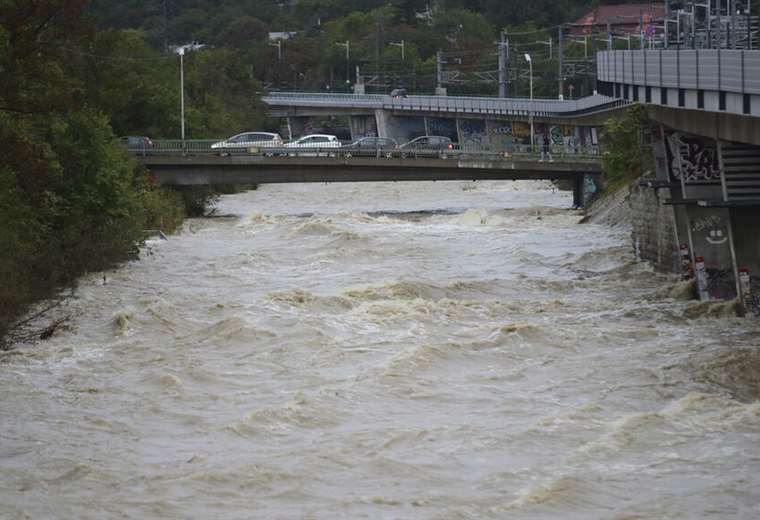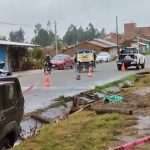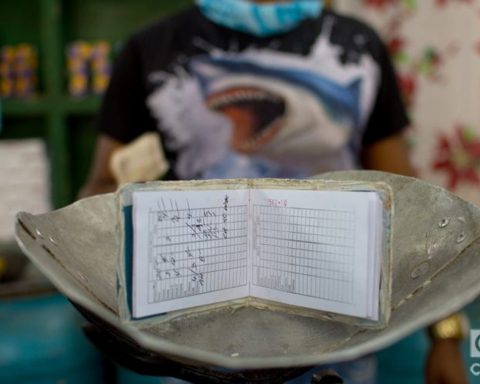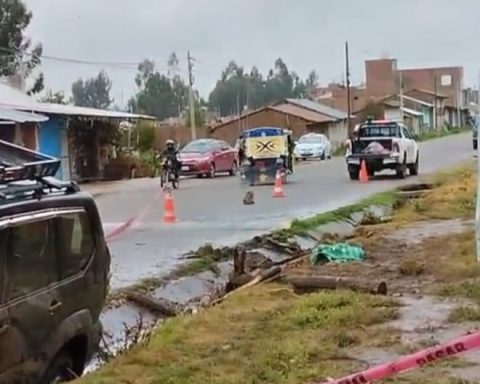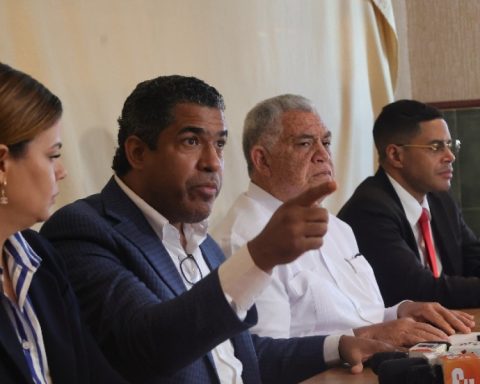September 16, 2024, 10:57 PM
September 16, 2024, 10:57 PM
Following the passage of Boris, the material and human toll is already colossal for Central and Eastern Europe. On Sunday 15 September, rescue teams worked tirelessly to help residents on the Polish-Czech border. The Czech Republic is one of the countries still battling floods at the beginning of this week. Storm Boris is also affecting Austria, where a firefighter has died in an incident.
With our correspondents in Vienna and Prague and our special correspondent on the Polish-Czech border
The situation worsened in the early hours of September 16, with a new wave of rain at a time when in some places the water was already approaching 6 meters high.
Two people have already died in Poland on Sunday. Motorways have been submerged, a bridge has been destroyed and some dams have overflowed, reports Adrien Sarlat, special correspondent for RFI on the Polish-Czech border.
Some towns have been completely devastated and further evacuations are expected in the coming hours. The main recommendation remains the same: stay at home as much as possible. In addition, residents of flooded areas are advised to drink only bottled water. The army has come to help firefighters rescue victims.
Polish Prime Minister Donald Tusk, who has been touring the region since the start of the bad weather, is urging residents not to resist evacuations, which often save lives.
Thousands of evacuations in the Czech Republic
The Czech Republic is one of the countries still struggling to cope with the floods. Thousands of people have already been evacuated, and evacuations will continue on Monday, September 16, according to our Prague correspondent Alexis Rosenzweig.
Helicopters are being used to evacuate people from several towns in the north-east of the country. Evacuations are continuing, especially near the Polish and Austrian borders, but residents are sometimes reluctant to leave their homes. Hence this appeal from the Czech Interior Minister Vit Rakusan: “Unfortunately, there are people who do not want to be evacuated. But I ask all those who have been instructed to leave, so that the fire brigade does not have to come to their rescue from the air.” The state of emergency declared in several regions is helping to put this into practice.
Firefighters have been working tirelessly for several days. They are also being assisted in their work by army and police helicopters. But in one of the villages affected on Sunday, Troubky, most residents insisted on staying put, taking refuge on the upper floors of their houses. In this Moravian village, already devastated by the floods of 1997, the water level is expected to reach its highest point on Monday morning.
The areas where heavy rain is expected to continue until Monday are near the German and Austrian borders, in the south-west of the Czech Republic, where the course of the Vltava River is being closely monitored, although fortunately it has not affected the capital.
Lower Austria badly hit by storm
Storm Boris is also affecting Austria, where a firefighter has died during an operation and extensive material damage has been caused. Our correspondent in Vienna, Isaure Hiace, reports that it is mainly the east of the country that has been hit hard.
In Lower Austria, the state hardest hit by the storm, flooding has left thousands of people without electricity and forced the evacuation of more than a thousand homes. The entire region has been declared a natural disaster zone and the federal army has sent 1,000 soldiers to Lower Austria as the situation remains worrying.
“There are still major tensions, where we are battling the floods, but also the damage caused by the storm and the storm itself. The cooperation between all federal states is impressive and working well. In particular, additional aid is being sent from the other federal states to Lower Austria,” explains Austrian Chancellor Karl Nehammer.
Austrians, for their part, are suffering the situation with a mixture of shock and resignation, like these two inhabitants of Lower Austria interviewed by the public broadcaster ORF. “It’s crazy, we can’t do anything, we can only watch and hope that it will go away at some point,” said one. “For the moment, we are trying to stay calm and do what the firefighters tell us,” added another.
The situation in Vienna is also alarming. Firefighters have been called out more than 2,000 times since Friday. The Danube Canal has burst its banks, causing material damage, as has the Vienna River, forcing the evacuation of several homes. Rail traffic is paralysed in parts of the country. Many roads are also closed, as are several metro lines, which are partially closed in the Austrian capital.
